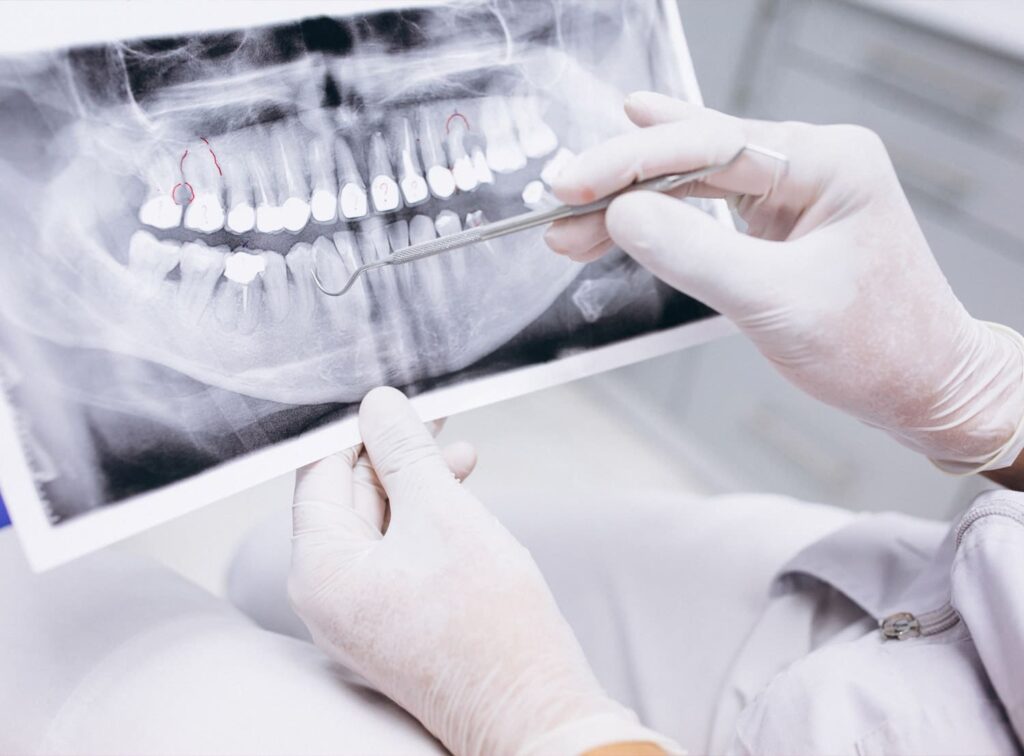JAW CYSTS AND TREATMENT
Jaw Cysts and Their Treatment: What Are They and How Is It Done?
A jaw cyst is a medical term for a fluid-filled cavity that can develop within the jawbone.
These cysts can sometimes be of dental origin or develop spontaneously. One of their major issues is their tendency to continuously grow if left untreated. This can pose significant risks to the jawbone and surrounding tissues. Over time, they can increase the pressure within the cyst by continually pressing against the surrounding tissues, affecting the jaw.
Is Jaw Cyst Treatment Painful?
Jaw cyst surgery is generally a procedure that involves minimal pain.
This procedure may have a discomfort level similar to commonly performed oral surgical procedures like tooth extraction or implant placement. Since it is conducted under local anesthesia, the likelihood of feeling pain during the surgery is low. There might be mild to moderate pain or discomfort in the postoperative period, but this can be easily alleviated with pain relievers prescribed by your doctor and following their instructions. With regular check-ups and follow-up care by an expert oral and maxillofacial surgeon, the recovery process can be successfully completed. The cyst sample is sent to a pathology laboratory, allowing for a definitive diagnosis. Depending on the patient’s preference and the characteristics of the cyst, surgery can be performed using sedation or general anesthesia as needed. This approach can enhance patient comfort and facilitate a painless surgical experience.


What Is the Post-Operative Process for Jaw Cyst Surgery?
Following jaw cyst surgery, it is crucial to regularly use the medications recommended by the expert oral and maxillofacial surgeon. Additionally, paying special attention to oral hygiene during the post-operative period helps keep the area clean and free from infection. Not missing scheduled follow-up appointments assists your doctor in monitoring your recovery process and identifying potential issues early. Care should also be taken to protect the surgical site as traumas and impacts can affect healing.
It’s important to remember that there is a possibility of jaw cysts recurring in some cases. Therefore, regularly attending the periodic check-ups recommended by your doctor helps in early detection of potential health issues in the future. Adhering closely to your doctor’s advice throughout the recovery period plays a critical role in optimizing your post-operative health.